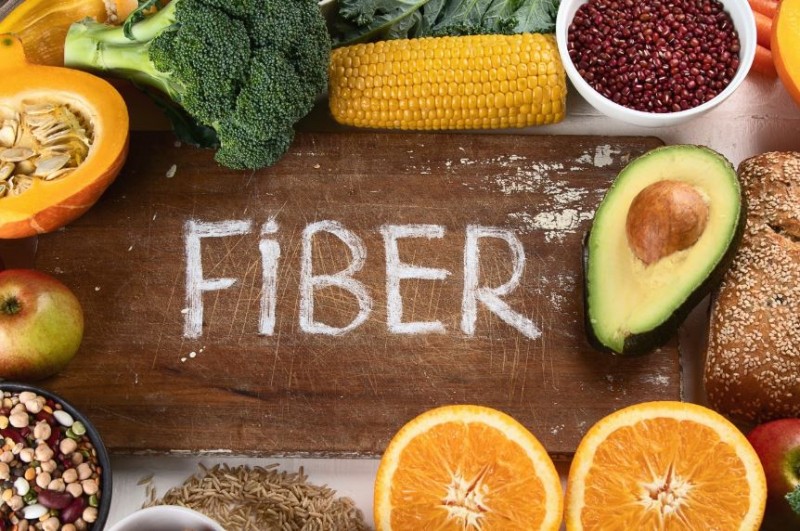
Maintaining a balanced diet is a well-established principle for overall health, and a key aspect of this is the proper intake of dietary fiber. While fiber is crucial for digestive health, it's equally important to understand the delicate balance required to harness its benefits without causing adverse effects on well-being. This comprehensive exploration delves into various aspects of fiber intake, focusing on expert insights and recommendations.
I. The Role of Fiber in a Balanced Diet:
Dietary fiber, found in fruits, vegetables, whole grains, and legumes, plays a vital role in supporting digestive health. It adds bulk to the stool, aids in regular bowel movements, and helps prevent constipation. Additionally, fiber contributes to weight management, regulates blood sugar levels, and supports heart health.
II. Fiber and Its Impact on Metabolism:
One of the touted benefits of a high-fiber diet is its positive influence on metabolism. Fiber-rich foods are often associated with increased satiety, promoting weight control. Soluble fiber, in particular, can help regulate blood sugar levels and reduce cholesterol, contributing to overall metabolic health.
III. The Pitfalls of Excessive Fiber Consumption:
Despite its many benefits, consuming excessive amounts of fiber can lead to unintended consequences. Individuals may experience gastrointestinal discomfort, gas, bloating, and even diarrhea. It's essential to strike a balance in fiber intake to avoid these potential side effects.
IV. Fiber and Digestive Conditions:
a. IBD and IBS:
Individuals with digestive conditions such as Irritable Bowel Syndrome (IBS) and Inflammatory Bowel Disease (IBD) need to approach fiber intake with caution. In cases of active symptoms, a low-fiber diet may be recommended to alleviate digestive distress. Gradual reintroduction of fiber should be done under the guidance of healthcare professionals.
b. Gas and Constipation Issues:
Consuming an excess of high-fiber foods can lead to increased gas production and constipation. This is particularly relevant for those who suddenly incorporate large amounts of fiber into their diet without allowing the digestive system to adapt.
c. Intestinal Blockages:
Experts warn against the risk of intestinal blockages associated with excessive fiber consumption. While fiber is essential for maintaining bowel regularity, too much can lead to complications, especially in individuals with a predisposition to gastrointestinal issues.
V. Finding the Right Balance:
a. Recommended Daily Fiber Intake:
Experts generally recommend a daily fiber intake of 25 to 35 grams for adults and children. However, the exact amount varies based on individual factors such as age, gender, and daily calorie needs. Striking the right balance is crucial for optimizing health benefits without causing digestive discomfort.
b. Tailoring Fiber Intake to Individual Needs:
Individuals should consider their specific health conditions, lifestyle, and dietary preferences when determining their optimal fiber intake. For those with digestive issues, consulting healthcare professionals, including doctors and dietitians, is essential for personalized recommendations.
In conclusion, incorporating an appropriate amount of fiber into one's diet is key to promoting digestive health. The benefits of fiber are numerous, but a nuanced understanding of individual needs and potential challenges is crucial. Striking the right balance by gradually increasing fiber intake, monitoring individual responses, and seeking professional guidance when needed ensures a proactive approach to digestive well-being. By navigating the intricacies of fiber consumption, individuals can harness its benefits while minimizing the risk of adverse effects, ultimately contributing to a healthier and more balanced lifestyle.
Are You Suffering from Menstrual Cramps? Try Black Candy Tea for Natural Relief
Early Morning Coffee Habits: What You Need to Know
Muscle pain and swelling increase in winter, so take precautions and measures like this